A Will Is Just One Part Of A Comprehensive Estate Plan
A comprehensive estate plan includes, but is not limited to, a will. Other typical estate planning documents include trusts, a living will and power of attorney.
- A will lays out how you want your assets, including property, to be distributed in the event of your death.
- A trust allows you to transfer money and property to your heirs; it offers tax advantages and helps avoid inheritance taxes.
- Power of attorney lets you choose someone to make financial, medical and other decisions for you if you are unable to do so.
- A living will states your wishes for medical care.
Attorney Marrell J. McNeal can help you choose the best tools for your customized estate plan. Once you have a plan in place, you will be assured that your loved ones will know exactly how you want to handle your estate. In the event that your estate goes through probate, which is quite common, attorney McNeal can help ease that process as well.
Regardless of your age, it makes sense to have an estates plan in place, especially if you have young children who would need a guardian if you could no longer care for them. And as you age, it doesn’t make sense to put off planning for your future and that of your family.


